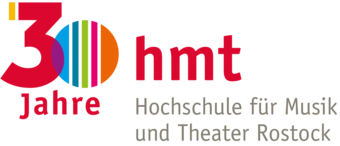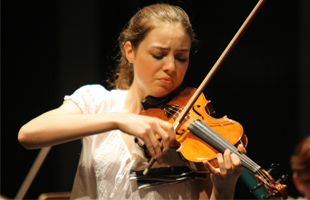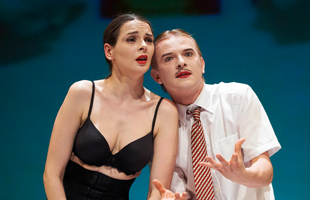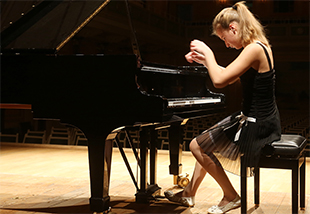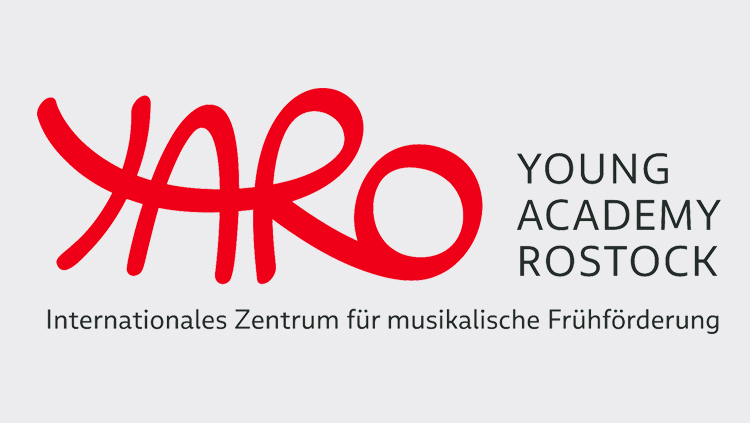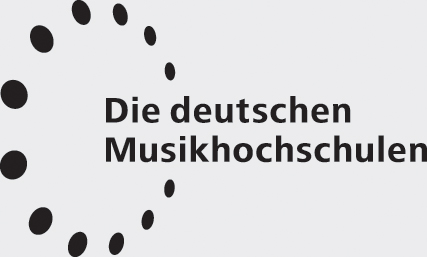Master's degree Music Education
Programme details
The Master of Music in Instrumental/Vocal Music Education covers the professional field of music education in traditional music schools but also includes pre-schools, secondary schools as well as working with the youth, students with special needs or with elderly people.
The Major Specialism module (“Künstlerisches Kernmodul”, semesters 1–4) is the basis of the Master’s course. It covers the instrumental/vocal major and also comprises accompaniment as well as chamber music during the first two semesters.
The Key Module (“Schwerpunktmodul”, semesters 1–3) includes Teaching Theory (“Fachdidaktik”), as well as Teaching Practice (“Lehrpraxis”). Furthermore, students participate in self-chosen projects. The module also comprises study fields like Rhythmics and Performance Skills as well as Psychology of Groups and different kinds of Improvisation and Conducting Techniques. In the 3rd semester, students complete an internship in a music school.
The Applied Music Theory and Musicology module (“Angewandte Musiktheorie und Musikwissenschaft”, semesters 1–2) includes Educational Literature Studies, Musical Analysis and Interpretation as well as Arranging.
During the 3rd and the 4th semester, students choose one module out of a module catalogue to either refine their artistic skills or to specialise (for instance in Elementary Music Education).
As part of the 4th semester, students write their Master's thesis which shall prove their ability to apply scientific methods to a chosen research project or analysis task.
Course Profile
- Official length of the programme: two years, 120 ECTS-credits
- Start of the courses: winter semester as well as summer semester
- Application period: 1 March to 15 April for the winter semester.
- University Degree: Master of Music
- Teachers
Graduates should be qualified to teach instrumental/vocal lessons according to modern methods and in various forms (private tuition, group tuition and kinds of primary training in music). The main focus is on an adequate connection between theory and practice. Based on theoretic knowledge, graduates are able to develop their own method of teaching that is founded on pedagogical and psychological research. Moreover, graduates are well prepared to use methods that enable them to reflect on their own teaching and to adjust to the increasing and changing requirements of their future jobs.
Foreign students whose native language is not German must provide evidence that their knowledge of German is sufficient for their chosen course.
For the Master in Music Education, students are required to have reached level B2 as defined by the Common European Framework of Reference for Languages.
Applicants’ linguistic competence will be established during the aptitude test.
You will find further information in the Aptitude Test Regulations and Matriculation Regulations (only in German) of Rostock University of Music and Drama.
Application
Click here for the ONLINE APPLICATION and the dates of the APTITUDE TEST.
A fee of 50 Euro is charged for processing your application for admission. Please transfer this amount when you submit your application.
We will gladly advise you personally!
Mrs Dörtje Peters
Study Office for Music
fon +49 381 5108 220
fax +49 381 5108 201
doertje.peters@hmt-rostock.de
Prof. Dr. Silke Lehmann, Head of Music Education
silke.lehmannhmt-rostockde
Visit our university information day in April!
Back to DEGREE COURSES
